By Casey Whitelaw
Carbon offsetting has had a branding problem. At worst it’s seen as a tool used by big business and government to cover up the ‘bad stuff’, cloaked in complex calculations and environmental terminology, but perception is not always reality.
Offsets or environmental credits play a vital role in driving positive environmental outcomes that can often be overlooked. While there is no question that emissions need to be reduced at the source, total elimination is simply not possible at present – and especially within the timeframe required to stop global warming.
Indeed, large-scale carbon removal is now a requirement for every pathway to limiting global heating to 1.5oC.
Offsetting enables governments and businesses to invest in carbon reduction while we find longer term solutions to our global emissions problem. We can’t choose between reduction and removal: we need to do both, as quickly as possible.
On a smaller scale, the same principle applies for consumers too. For example, when looking at our own individual environmental footprint, switching to a reusable drink bottle or buying natural cleaning products is easy. But what about other items, like our cars?
Cars are a necessity for many Australians, especially outside of our cities. Not driving simply isn’t an option for many, and electric cars aren’t broadly accessible yet.
With roughly 20 million cars in Australia, creating over 60 million tonnes of carbon each year, we need another option. Addressing that as an offsetting opportunity could see us reducing our carbon footprint faster than through decarbonisation alone.
Making offsetting easy
To engage consumers on a larger scale, we need to take the complexity out of offsetting.
In my previous roles at Google, I learned how rigorous product-focused thinking can turn complex problems into simple, delightful experiences. In the cluttered space of online retail or media streaming, we’re talking about one less click and shaving one second off the purchasing process, which can offer a serious competitive advantage.
What if we applied that same thinking to dealing with our carbon footprint?
I set up Go Neutral with the ambition of making it easy for more people to take responsibility for the emissions of their own car. For $90, you get a Go Neutral sticker, and fund enough carbon removal to balance the average Australian car’s emissions. Removing the need for calculations means one less chance to get discouraged and do nothing – and taking action is more important than getting bogged down in details.
We’re also helping people feel great about taking action. Every sticker is another small sign that Australians are engaged with the challenge of climate change and can all be proud to play a part.
A stronger future for Australia
Connecting people with accessible, desirable climate action is a great start – but we also need to make sure that their actions really make a difference and motivate them with local impact.
One of the most effective ways that we can remove carbon dioxide from the atmosphere is through regenerating Australian bushland. It’s obviously great for the climate but it’s also great for our land and biodiversity as well as our regional economy. It’s a future we all want, and one that we can all be part of making a reality.
We’ve heard a lot about Australia’s opportunity to be a renewable energy superpower, but being a carbon capturing superpower is also. By using our natural resources, we can accelerate our path to net zero, and beyond.
This is the future we can build together. All it takes is a change of perspective, and a new attitude to climate action. It’s a numbers game: the real impact doesn’t come from helping a few people live “perfect” lives, but from a million people taking a big step in the right direction – and that’s what we’re aiming for.
By making offsetting cars more accessible we hope to help catalyse a movement based on positive action, not perfection.
Casey Whitelaw is the founder of Go Neutral and Chief Technology Officer at GreenCollar. After a successful career in technology, that included a PhD in computer science and several years as an engineering leader at Google, Casey left the company with the goal of contributing directly to tackling climate change. With a background building billion-user products and working with the world’s best product and design teams, together Casey and GreenCollar will continue to drive environmental innovation and impact at scale.
Read more about the acquisition of Go Neutral here.


